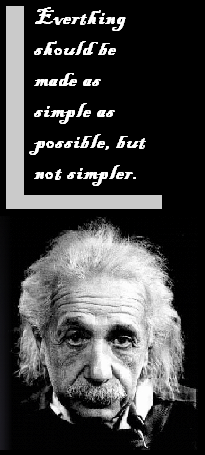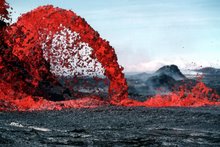The Bill of Prohibitions
I stated in my last post that I should have the right to bear arms because the constitution says so. I AM 100% WRONG! In the declaration of independence it was stated that men are endowed with rights from their Creator ie I have rights because I am created by God as a human being no matter what the government says or whose control I am under. My rights preexist government, are independent of government, AND ARE NOT a result of government. Government is called into existence to protect these rights, notably Life, Liberty and the pursuit of happiness. The absence of government is anarchy and therefore the government has the job of punishing murderers, thiefs etc.
From http://www.bill-of-rights.org/rights.html
What happens when government transgresses its rightful duty of protection and becomes more destructive than what would be the case in the absence of government? The Declaration tells us that it is the right of the people to alter or abolish that government and to implement a new government that is designed to protect, not destroy, the exercise of man's natural or God-given rights.
In 1787, the Founders attempted to solve the problem by writing a Constitution that called the federal government into existence. The result was historically significant: The Constitution made it clear that this government, unlike others in history, would not be one of unlimited powers.
Instead, by the express terms of the Constitution itself, the federal government would be one of limited, enumerated powers. For example, the powers of Congress are limited to those enumerated in Article 1, Section 8 of the Constitution.
Thus the correct question is not "What rights does the Constitution give to the American people?" but rather "What powers does the Constitution grant to the government?" If a certain power is not enumerated, the government is not permitted to exercise it.
Thus the correct question is not "What rights does the Constitution give to the American people?" but rather "What powers does the Constitution grant to the government?" If a certain power is not enumerated, the government is not permitted to exercise it. Not trusting government officials, however--even democratically elected ones--the American people ensured the passage of the first 10 amendments to the Constitution. These should more appropriately have been called the "Bill of Prohibitions" than the Bill of Rights. Why? Because a careful examination reveals that they are express restrictions on government powers rather than a grant of rights to the citizenry.





No comments:
Post a Comment